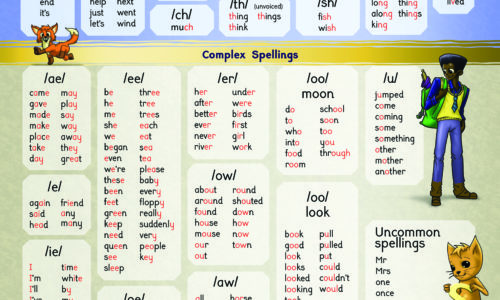
Comprehension is only as good as one’s vocabulary. So, is there any point in comprehension exercises? Should we be focusing on building meaningful vocabulary? Read this thought-provoking blog by Solomon Kingsworth. https://medium.com/@solomon_teach/small-is-beautiful-part-two-5fe2cd58f1fc
Read More


